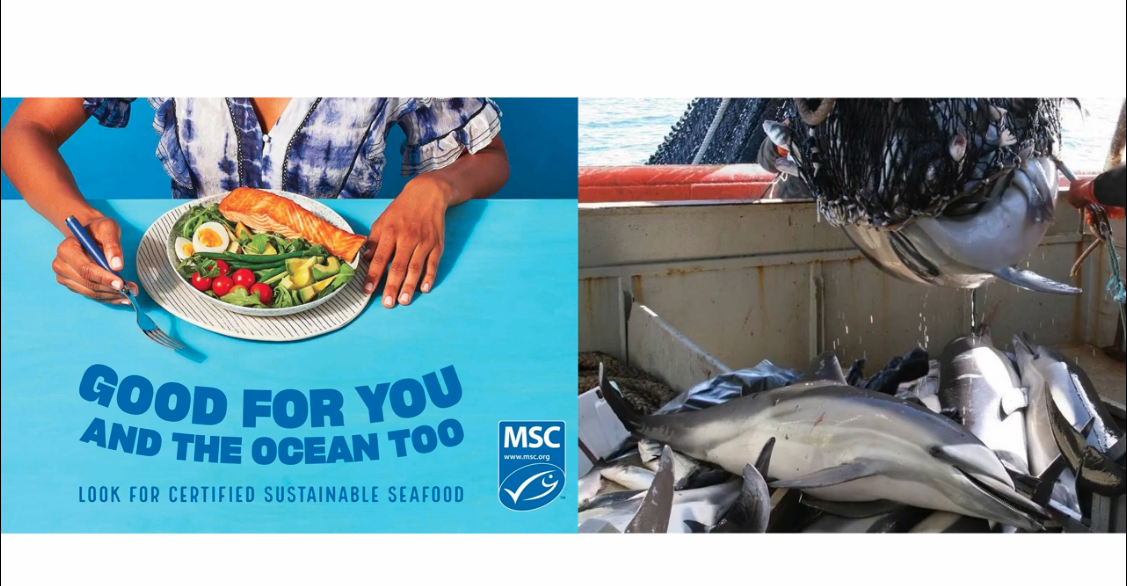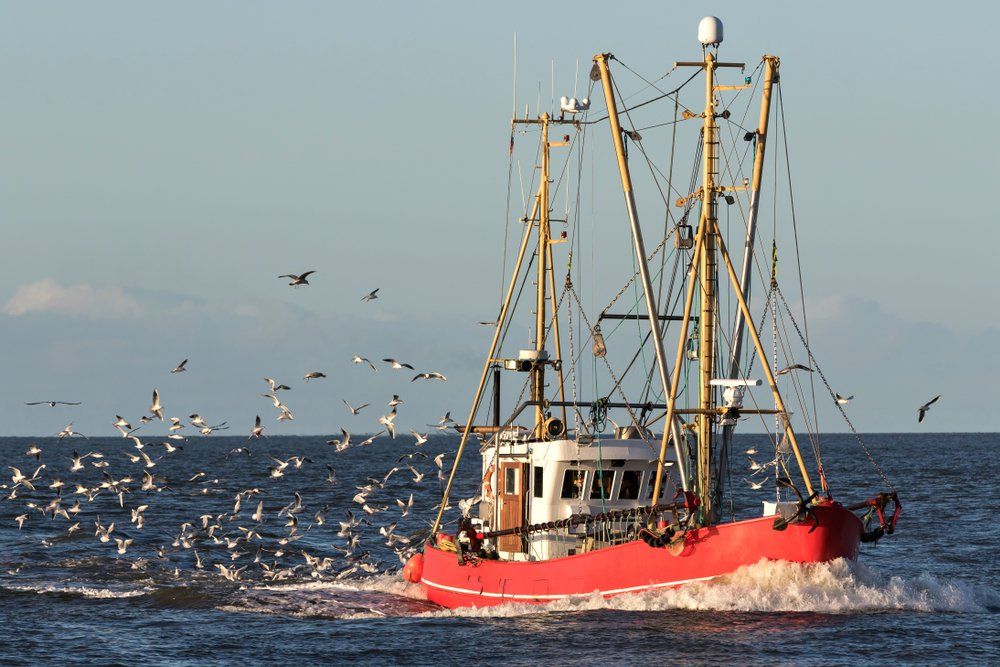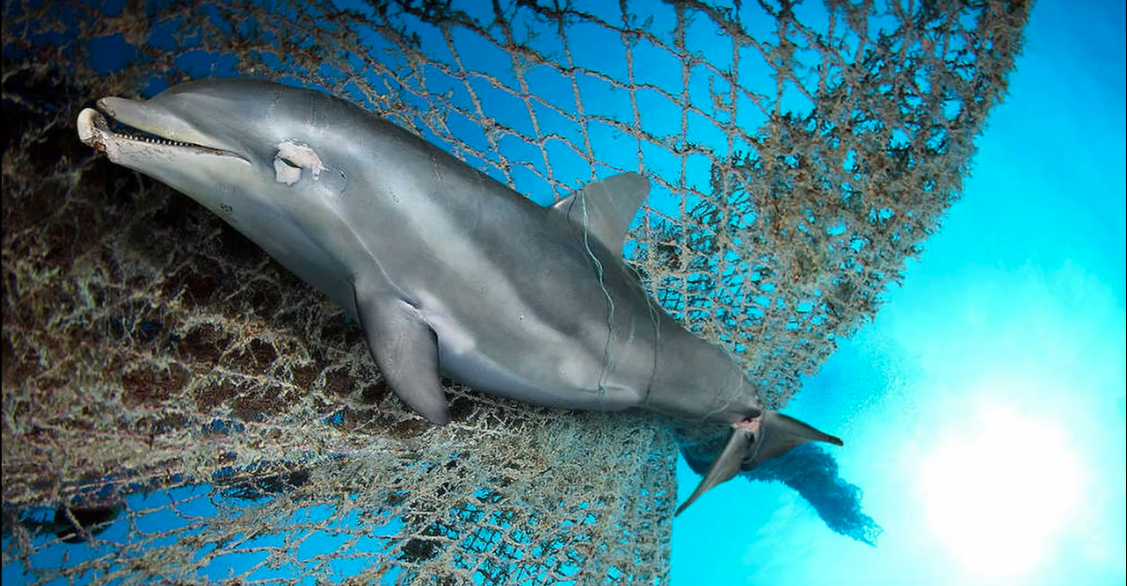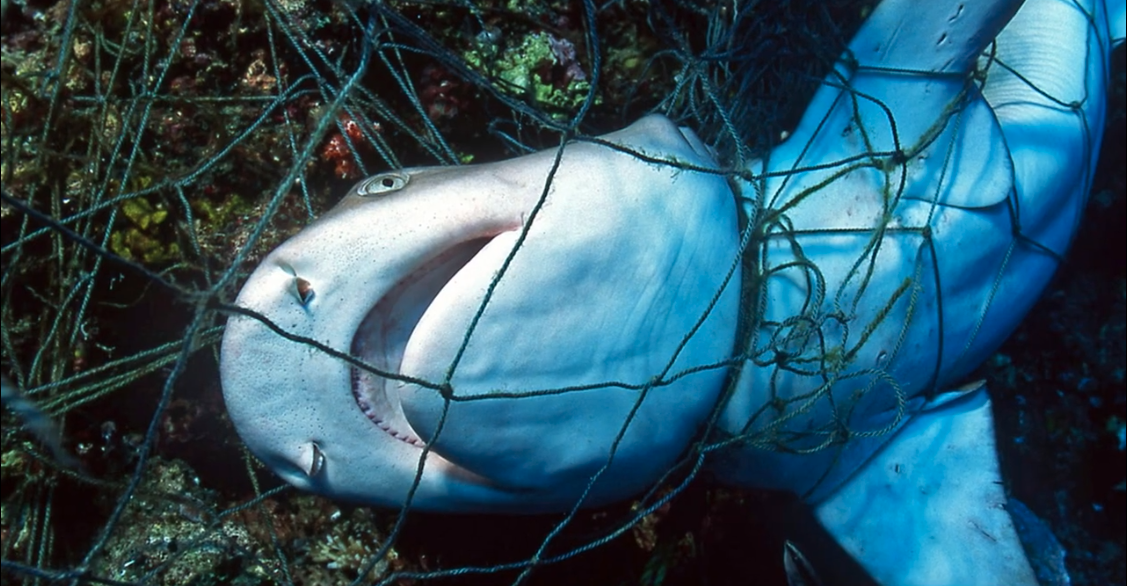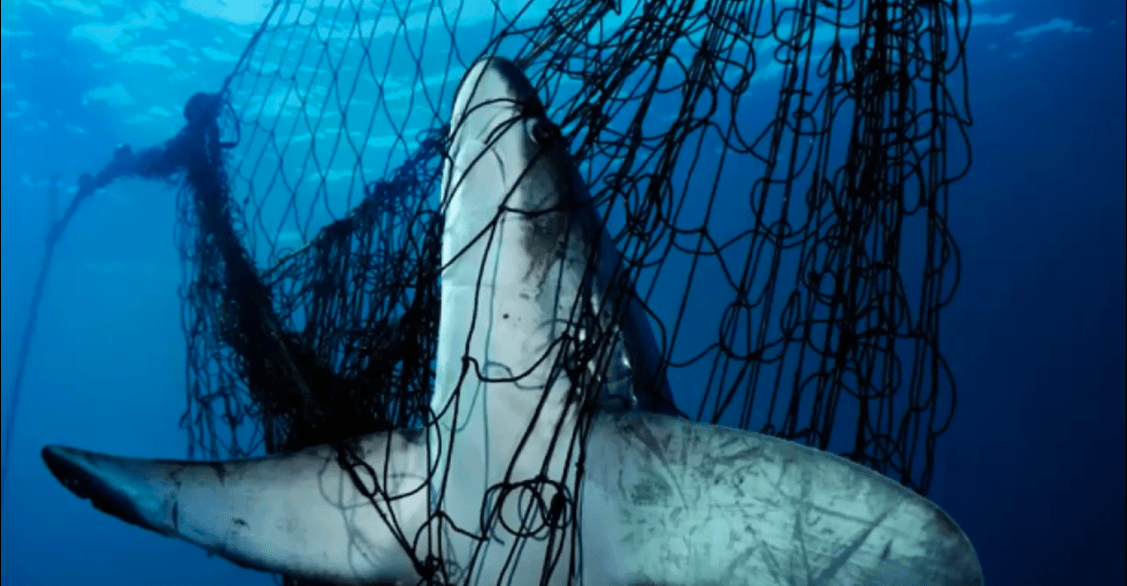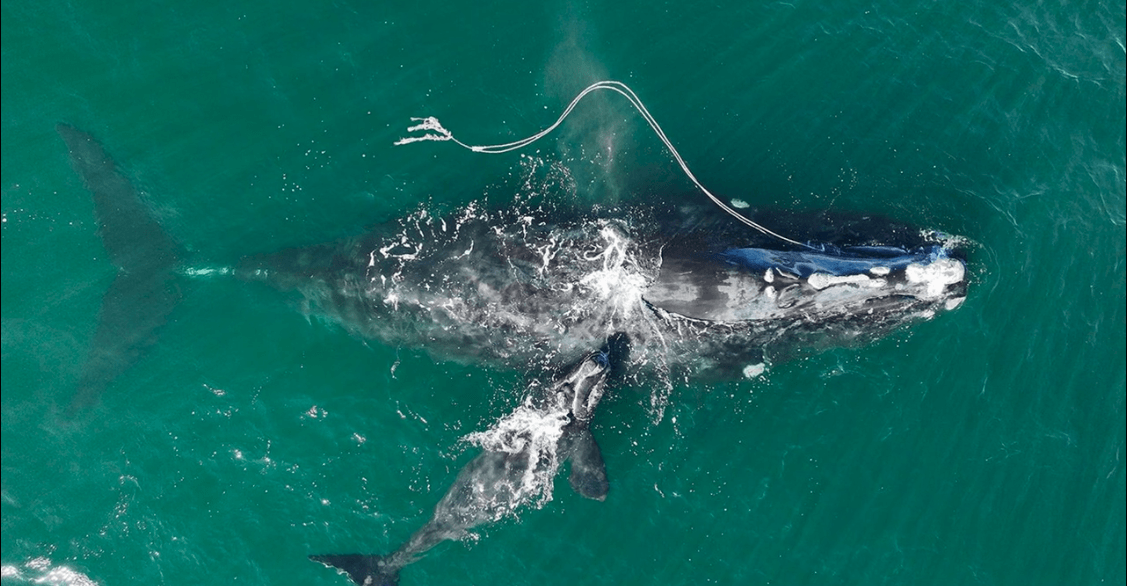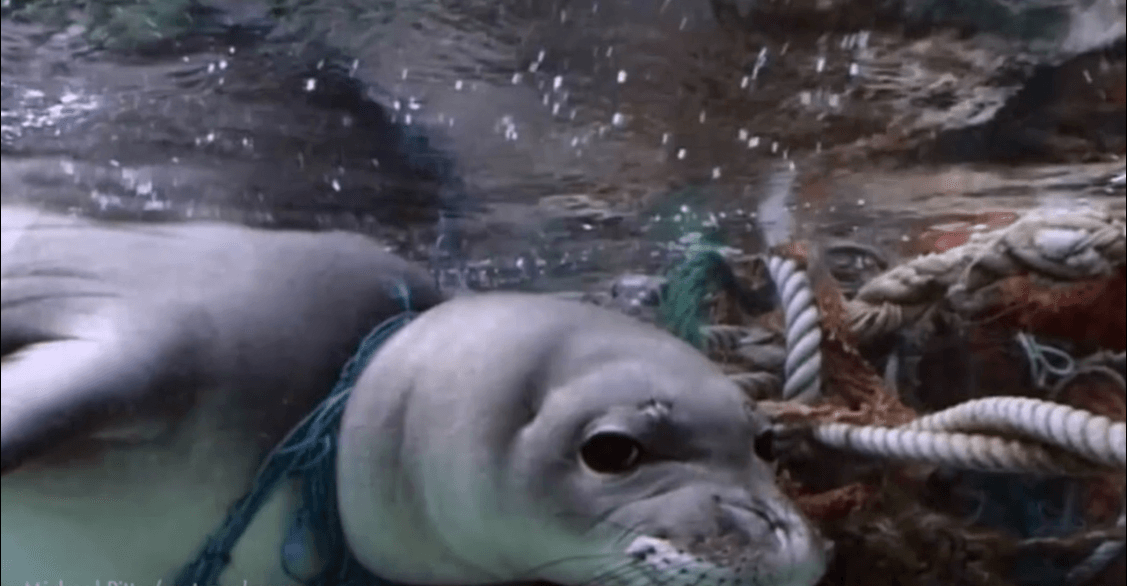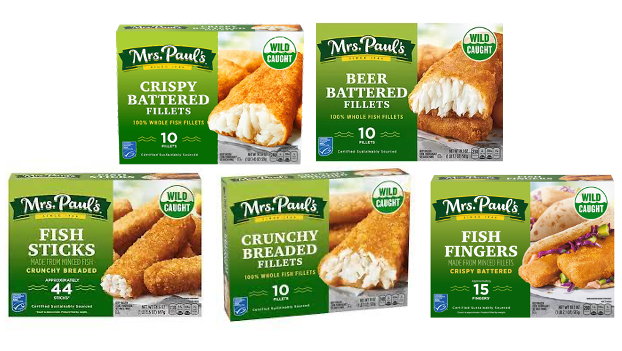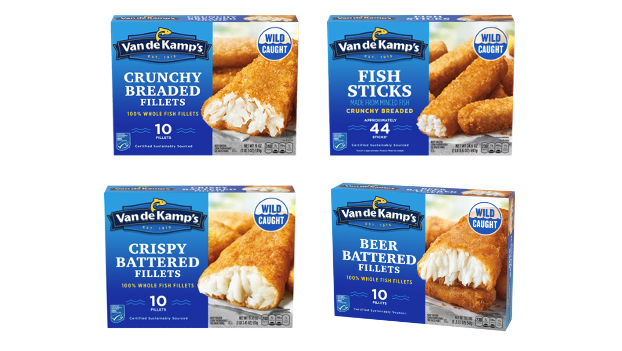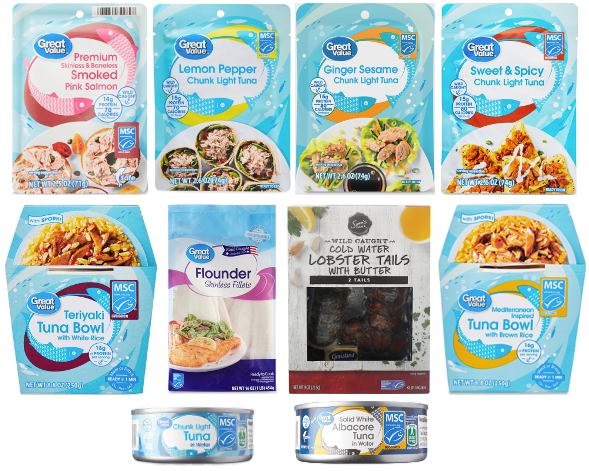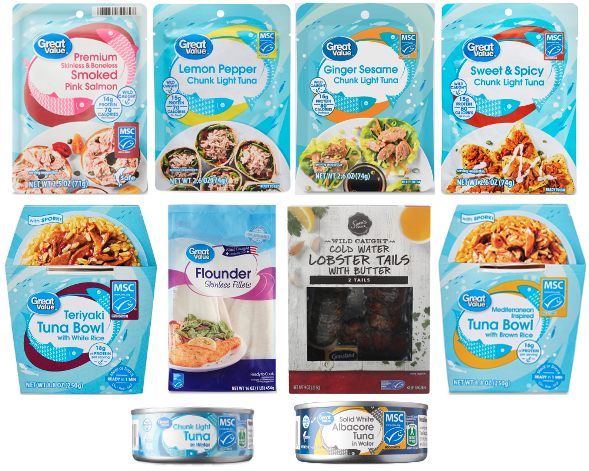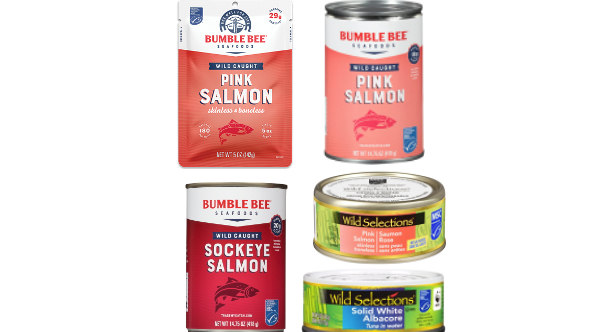.
DO MANUFACTURERS KNOWINGLY AND INTENTIONALLY LABEL AND ADVERTISE PRODUCTS AS “CERTIFIED SUSTAINABLE SEAFOOD” TO INCREASE PROFITS AT THE EXPENSE OF CONSUMERS CONCERNED WITH SUSTAINABILITY AND ANIMAL WELFARE?
Due to concerns about sustainability, consumers are increasingly looking to labels to determine how their food is produced. Consumers are conscious of the adverse impacts of commercial fishing, and they consciously seek out fish and seafood products that are sourced sustainably and in accordance with high environmental, animal welfare, and human labor standards.
1-800-LAW-FIRM understands that—given the incidents of forced labor and child labor and the large volumes of marine mammals, sea turtles, and sharks killed or seriously injured each year due to incidental bycatch and entanglements in discarded fishing gear—any retailer selling commercially caught fish and seafood cannot truthfully claim that their products are “certified sustainable seafood” If you have been affected by a retailer's sustainability claims, contact our team by filling out the form for a no-obligation, free claim review.
REQUEST A FREE CLAIM REVIEW
In this short video you’ll learn more about the different ways that sustainable practices don't work as intended.
1-800-LAW-FIRM is investigating claims that will cover all United States residents who, within the applicable statute of limitations period, purchased any of the following products:
Bumble Bee
Bumble Bee Pink Salmon (canned or pouched)
Bumble Bee Sockeye Salmon (canned or pouched)
Wild Selection Pink Salmon (canned)
Wild Selection Solid White Albacore Tuna (canned or pouched)
Chicken of the Sea
All canned salmon
Canned Tuna with "Dolphin Safe" labels (the only can without the blue label)
Conagra
Mrs. Paul’s Crispy Battered Fillets, pollock
Mrs. Paul’s Crunchy Breaded Fillets, pollock
Mrs. Paul’s Fish Sticks, pollock
Mrs. Paul’s Fish Fingers, pollock
Mrs. Paul’s Beer Battered Fillets, pollock
Van de Kamp’s Crispy Battered Fillets, pollock
Van de Kamp’s Crunchy Breaded Fillets, pollock
Van de Kamp’s Fish Sticks, pollock
Van de Kamp’s Beer Battered Fillets, pollock
Walmart
Great Value, Solid White Albacore Tuna in water (can)
Great Value, Chunk Light Tuna in water, skipjack tuna (can)
Great Value, Chunk Light Tuna (pouch)
Great Value, Lemon Pepper Chunk Light Tuna (pouch)
Great Value, Sweet and Spicy Chunk Light Tuna (pouch)
Great Value, Ranch Chunk Light Tuna (pouch)
Great Value, Ginger Sesame Chunk Light Tuna (pouch)
Great Value, Tuna Bowl-Teriyaki (pouch)
Great Value, Tuna Bowl-Sweet Chili Tomato (pouch)
Great Value, Tuna Bowl-Mediterranean (pouch)
Great Value, Alaskan Pink Salmon (can)
Great Value, Pink Salmon (pouch)
Great Value, Lemon Pepper Pink Salmon (pouch)
Great Value, Smoked Pink Salmon (pouch)
Great Value, Frozen Pink Salmon skin-on fillets
Great Value, Frozen Fish Fillets and Fish Sticks, Alaskan Pollock
Classic Creations, Imitation Crab Meat, Alaskan pollock
Great Value, Pacific Cod skinless fillets
Sam's Choice, Alaska Cod Loins
Sam's Choice, Frozen Flounder skinless fillets
Sam's Choice, Cold Water Lobsters, North Atlantic
Sam's Choice, Cold Water Lobster Tails with Butter
Sam's Choice, Snow Crab Legs
Sam's Choice, Sea Scallops
Whether these seafood sustainability cases will reach the trial stage remains to be seen. Their success will likely turn on such issues as what specific representations were made, if a reasonable consumer would have relied upon them, and what, if any, additional language was included to detail what was meant by the term “sustainable.”
While some of these cases have survived the pleading stage, others have faltered, primarily based upon the specificity of the representation and reliance by the consumers.
Gardner v. StarKist Co.
Purchasers of StarKist Co. tuna from various states brought a class action lawsuit alleging that StarKist promised consumers that its tuna products are dolphin-safe and sustainably sourced, and that those promises are false and misleading.
The plaintiffs in that case survived two motions to dismiss by StarKist, which asserted that the fraud allegations were implausible because they failed to allege how a reasonable consumer could interpret the alleged “dolphin-safe” promise to mean completely free of any possible harm or injury to dolphins.
The district court found that the plaintiffs’ fraud allegations were based on StarKist’s reassurance to consumers that “its tuna is 100% dolphin-safe. . . using fishing methods that do not harm dolphins, exceeding the safety requirements of the Dolphin Protection Consumer Information Act (“DPCIA”), 16 U.S.C. 1385.” (Id. at *13 (internal citations omitted).) The court noted that “[p]laintiffs have plausibly alleged how StarKist advertised a higher dolphin-safe standard to its consumers and why this promise is false given the fishing techniques it uses.”
The district court also held that the plaintiffs’ assertions regarding how a reasonable consumer would interpret StarKist’s representations were plausible. The court held that the plaintiffs did not plead that StarKist promised consumers an absolute guarantee; they conceded that a reasonable consumer would understand that even when employing the best efforts to protect dolphins, some might be accidentally injured and even killed when fishing for tuna. Rather, the plaintiffs alleged that StarKist misled consumers by promising a dolphin-safety level higher than the DPCIA requirements while at the same time employing fishing methods widely known to kill and harm substantial numbers of dolphins.
Nilima Amin el al. v. Subway Restaurants, Inc. et al.
Originally, the plaintiffs had filed a complaint in January 2021 that alleged Subway made false representations about the tuna it used, and that in fact the “tuna” being served was not actually tuna. In June 2021, the plaintiffs filed a first amended complaint and instead asserted that Subway’s tuna products were misrepresented to be either 100% sustainably caught skipjack and yellowfin tuna. The district court granted a motion to dismiss that complaint, finding that the plaintiffs failed to identify any specific representation that Subway made and did not allege that they relied on any such representation in purchasing a Subway product.
In December 2021, Subway filed a motion to dismiss the plaintiffs’ second amended complaint, because the plaintiffs reasserted previously dropped allegations that Subway’s tuna sandwiches and wraps do not actually contain tuna. Subway’s motion to dismiss rejected DNA testing of the sandwiches, which allegedly found no tuna DNA, on the basis that the plaintiffs’ testing did not met FDA standards, and the presence of chicken DNA could be explained by the eggs in the mayonnaise used in tuna salad sandwiches. A hearing on the newest motion to dismiss is set for February 2022.
Dezzi Rae Marshall v. Red Lobster Management LLC., et al
A proposed class of consumers sued Red Lobster in June 2021 in another seafood sustainability case, alleging that the restaurant chain deceptively marketed its Maine lobster and shrimp products as “sustainable” when in fact they were sourced from suppliers that use environmentally harmful and inhumane practices.The plaintiffs assert that Red Lobster’s menu includes representations that it is “Seafood With Standards” and “Traceable. Sustainable. Responsible.” Red Lobster has moved to dismiss the complaint, arguing that its website clarifies what its promises of sustainability mean.
The plaintiffs filed their opposition to the motion to dismiss in December 2021. They maintain that the promises made on the Red Lobster menu are not mere puffery, and that a reasonable consumer is likely to be deceived by the sustainability representations on the menu. The plaintiffs assert that “[e]ven if the content on Red Lobster’s website did cure the deception caused by its menu (it does not), reasonable restaurant consumers are not charged with a duty to read a website to learn the truth. See Schneider v. Chipotle Mexican Grill, Inc., 328 F.R.D. 520, 532 (N.D. Cal. 2018) (‘It would not be reasonable to expect a consumer to search for disclaimers on a website to clarify a purported misrepresentation on in-store signage.’).”
